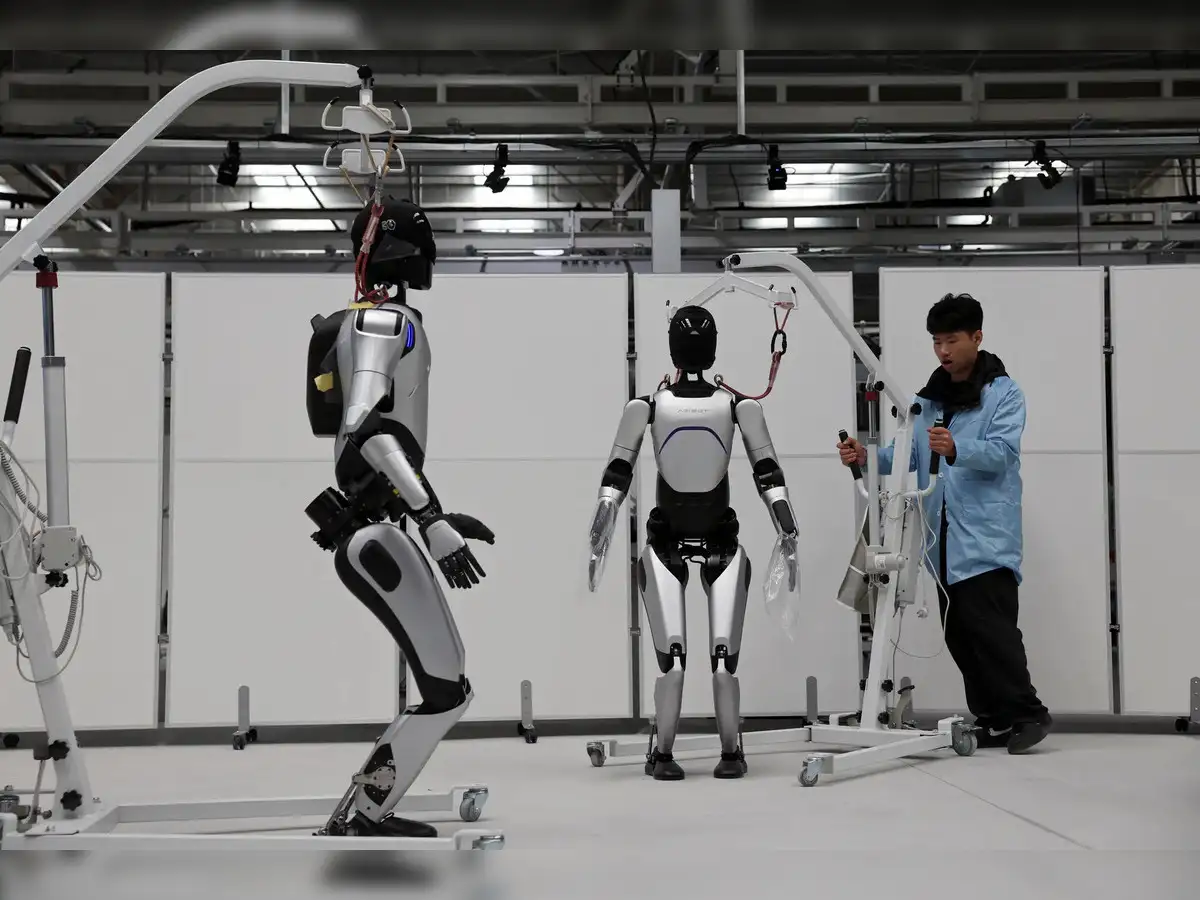Innovations in Technology: AI's Role in Enhancing Everyday Devices
Author: Tech Analyst
In today's fast-paced technological landscape, artificial intelligence (AI) is increasingly becoming a pivotal part of our daily lives. Major tech companies are racing to incorporate AI into their products, enhancing functionality and efficiency far beyond traditional capabilities. From smartphones to data centers, AI is driving innovations that promise to transform user experience and operational efficiency.
One of the most exciting developments is Apple's upcoming iOS 19, which is set to introduce a revolutionary AI-driven battery optimization feature. According to reports, this feature is designed to adapt to user behavior, learning how and when individuals use their devices. This kind of personalized battery management could potentially extend the overall battery life of iPhones, especially for models like the iPhone 17 Air, which will leverage this technology.

Apple's iOS 19 is set to unveil AI-driven battery optimization for iPhones.
As Apple continues to embed AI into its core operating systems, the implications for device efficiency are profound. The integration of smart algorithms can result in significant power savings, which is a crucial advancement for users who rely on their devices throughout the day. This innovation not only reflects Apple's commitment to optimizing user experience but also highlights a broader industry trend towards intelligent, adaptive devices.
On another front, BDx Data Centers, one of the fastest-growing operators in the Asia-Pacific region, is making headlines with its recent financing secured to expand its hyperscale data center in Hong Kong. This expansion underscores the growing demand for large-scale data management and the critical role of advanced infrastructure in supporting AI-driven applications.
As data centers grow in capacity and capability, their ability to host complex AI systems increases, providing the backbone necessary for applications that require substantial processing power and storage. The strategic move by BDx is not only crucial for its growth but also reflects the increasing reliance on data centers as essential facilitators of technology in the modern economy.
Moreover, the development of AI-powered humanoid robots in China represents a significant leap in automation capabilities. These robots aim to address pressing societal challenges, like trade frictions and population decline, by enhancing manufacturing processes. The Chinese government is actively promoting the use of such technology in manufacturing to stay competitive in the global market.

AI-powered humanoid robots are set to revolutionize China’s manufacturing industry.
Insights from industry leaders indicate that these humanoid robots will not just complement human workers but could also take on roles that require precision and repetitive tasks, greatly improving efficiency and reducing costs. This transformation in manufacturing points towards a future where AI and human labor coexist more symbiotically, driving productivity in ways previously thought impossible.
Aside from personal devices and manufacturing, AI is also making significant inroads in the field of automation with tools that empower users to create their own AI agents. A recent tutorial on how to build AI agents with ChatGPT illustrates the capabilities and applications of such intelligent systems in managing tasks—ranging from customer service inquiries to complex project management.
These agents, positioned as digital assistants, can automate workflows by integrating various tools and datasets, allowing businesses to manage operations with increased efficiency. The ability to leverage large language models for creating agents that can reason and act on behalf of users is a game-changer in how companies operate and engage with customers.

The future of digital work: Creating AI agents that automate complex tasks.
In the realm of legal and ethical considerations, the British government's recent setback in an AI copyright battle emphasizes the complexities surrounding the intellectual property rights of AI-generated content. With over 400 artists opposing proposed legislation that would permit AI to access and produce content without permission, the debate on balancing innovation with creator rights continues to evolve.
This situation highlights a critical challenge in the era of AI—developing frameworks that protect the interests of content creators while allowing for technological advancement. As AI capabilities expand, discussions surrounding regulation, ethics, and the rights of creators will become increasingly pertinent.
As we move toward a future heavily influenced by AI, the overarching theme is clear: technology is advancing at an unprecedented rate, shaping how we interact with the world and each other. Whether through smarter devices, enhanced manufacturing processes, or transformative digital agents, AI's impact is set to redefine multiple industries and aspects of daily life.
In conclusion, the integration of AI into various sectors—be it personal devices, enterprise-level automation, or industrial applications—demonstrates a significant shift towards more intelligent systems that not only improve efficiency but also enhance user experience. As the landscape of technology continues to evolve, staying informed about these developments will be crucial for businesses and consumers alike.